News
The Future of UX: Integrating AI to Create Intuitive and Personalised User Experiences
In the dynamic realm of digital marketing, the integration of Artificial Intelligence (AI) into User Experience (UX) design is not just an emerging trend; it’s a profound evolution that is reshaping how brands interact with their consumers. The focus is shifting from generic user interfaces to more intuitive and personalised experiences, leveraging the power of AI.
This article delves into this transformative journey, exploring how AI is revolutionising UX in the digital marketing landscape.
The Rise of AI in UX: A New Paradigm
The adoption of AI in UX marks a significant shift in the design philosophy. Traditional UX design relied heavily on human intuition and experience to anticipate user needs and preferences. However, with the advent of AI, the approach has become more data-driven and predictive.
AI algorithms can analyse vast amounts of user data, detect patterns, and make informed decisions about what users might prefer or need next.
A study by Adobe reveals that in the UK, companies prioritising customer experience are three times more likely to have significantly exceeded their 2020 business goals. This statistic underscores the importance of personalised UX in achieving business success.
Personalisation: The Heart of Modern UX
Personalisation is at the core of the AI-driven transformation in UX. By leveraging machine learning and data analytics, AI can tailor experiences to individual users. Websites and applications can now display content, offers, and recommendations based on the user’s past behaviour, preferences, and even real-time interactions.
For instance, Netflix’s recommendation engine, a quintessential example of AI in action, analyses user data to suggest shows and movies, enhancing user engagement. This level of personalisation ensures that users spend less time searching for content and more time enjoying it, which is the essence of a great UX.
Enhanced User Interfaces with AI
AI is not only about behind-the-scenes analytics. It also plays a crucial role in enhancing user interfaces. Voice assistants and chatbots are prime examples. They use natural language processing (NLP) to interpret and respond to user requests, making interactions more intuitive and human-like.
In the UK, the use of voice search is on the rise, with around 50% of users utilising voice search features for online queries. This trend indicates a shift towards more natural and accessible forms of interaction, driven by AI.
Predictive UX: Anticipating User Needs
Predictive UX takes personalisation a step further. By analysing past user behaviour, AI can predict future needs and actions, offering a more proactive user experience. For example, a predictive AI could suggest reordering a product just before it runs out or remind a user of a task they might forget.
Ethical Considerations and User Trust
While AI-driven UX offers numerous benefits, it also brings ethical considerations to the forefront. Issues such as data privacy and user consent are critical. Brands must ensure that they use AI responsibly, maintaining transparency and securing user data.
In a survey conducted by the UK’s Information Commissioner’s Office, it was found that only one in three individuals trust organisations to use their data responsibly. This statistic highlights the need for companies to build trust by adopting ethical AI practices.
The Future of UX Design with AI
Looking ahead, the future of UX design is intrinsically linked with AI. As technology advances, we can expect even more personalised and intuitive user experiences. AI will likely evolve to understand not just user preferences but also emotional states, offering an empathetic dimension to UX.
The integration of AI into UX design is transforming the digital marketing landscape. By creating more personalised, intuitive, and predictive user experiences, brands can engage more effectively with their audience.
However, the journey is not without challenges, particularly around ethical considerations and user trust. As AI continues to evolve, it will be fascinating to witness the new horizons it opens up for UX design in the digital marketing domain.
The future of UX in digital marketing is not just about technology; it’s about creating connections, understanding human behaviour, and making technology more accessible and relevant.
As AI becomes more sophisticated, the possibilities for innovative and empathetic UX designs seem limitless, promising a future where technology not only meets but anticipates user needs, crafting experiences that are truly personalised and resonant.
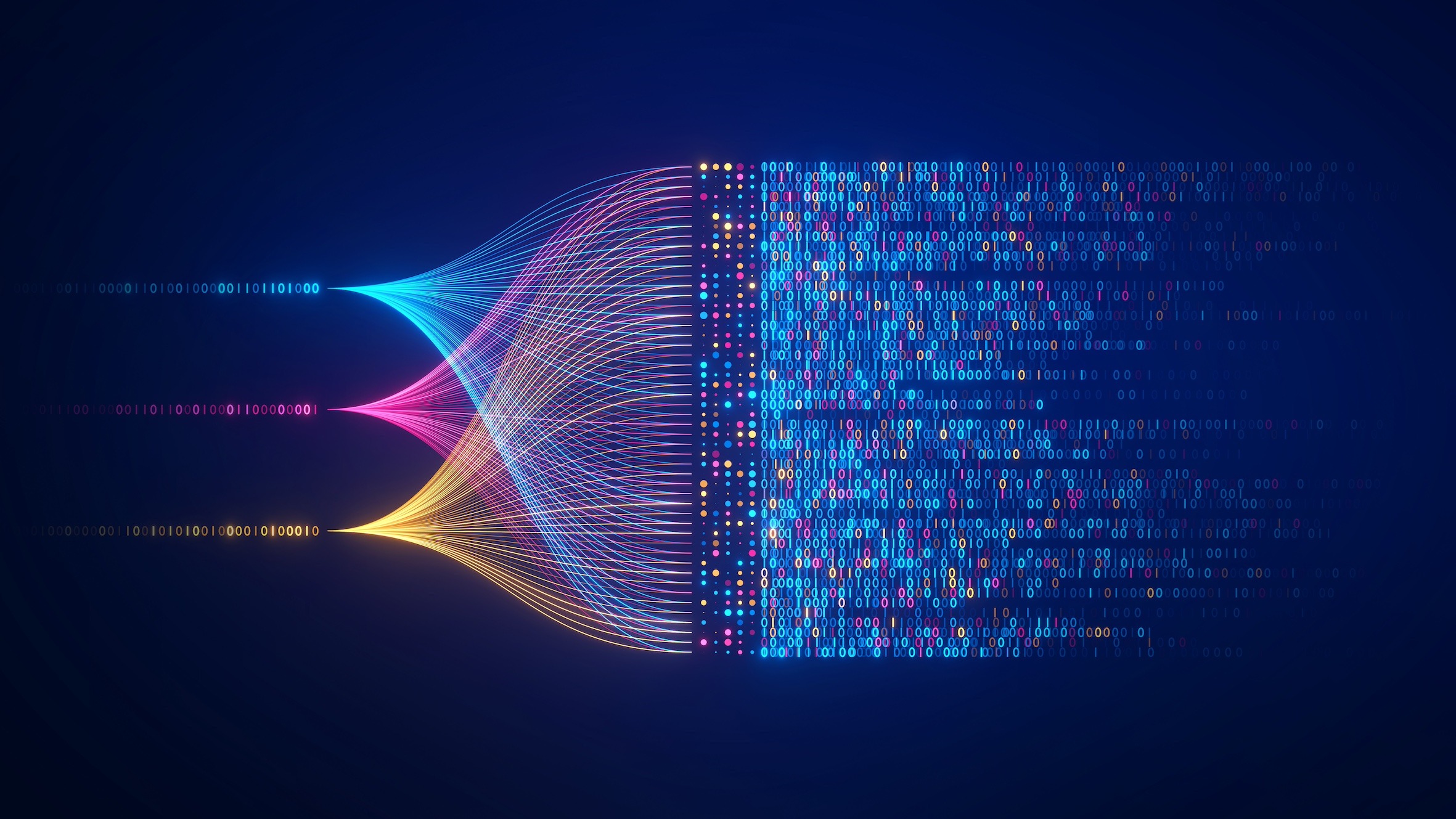


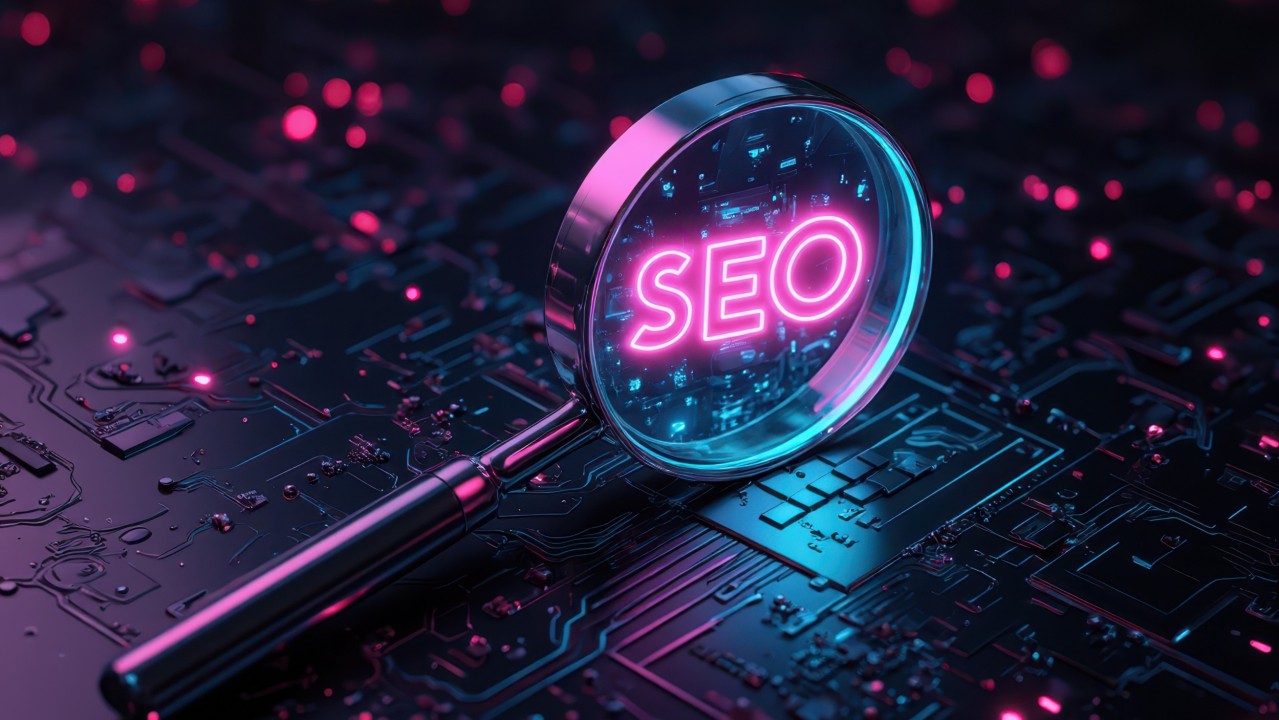

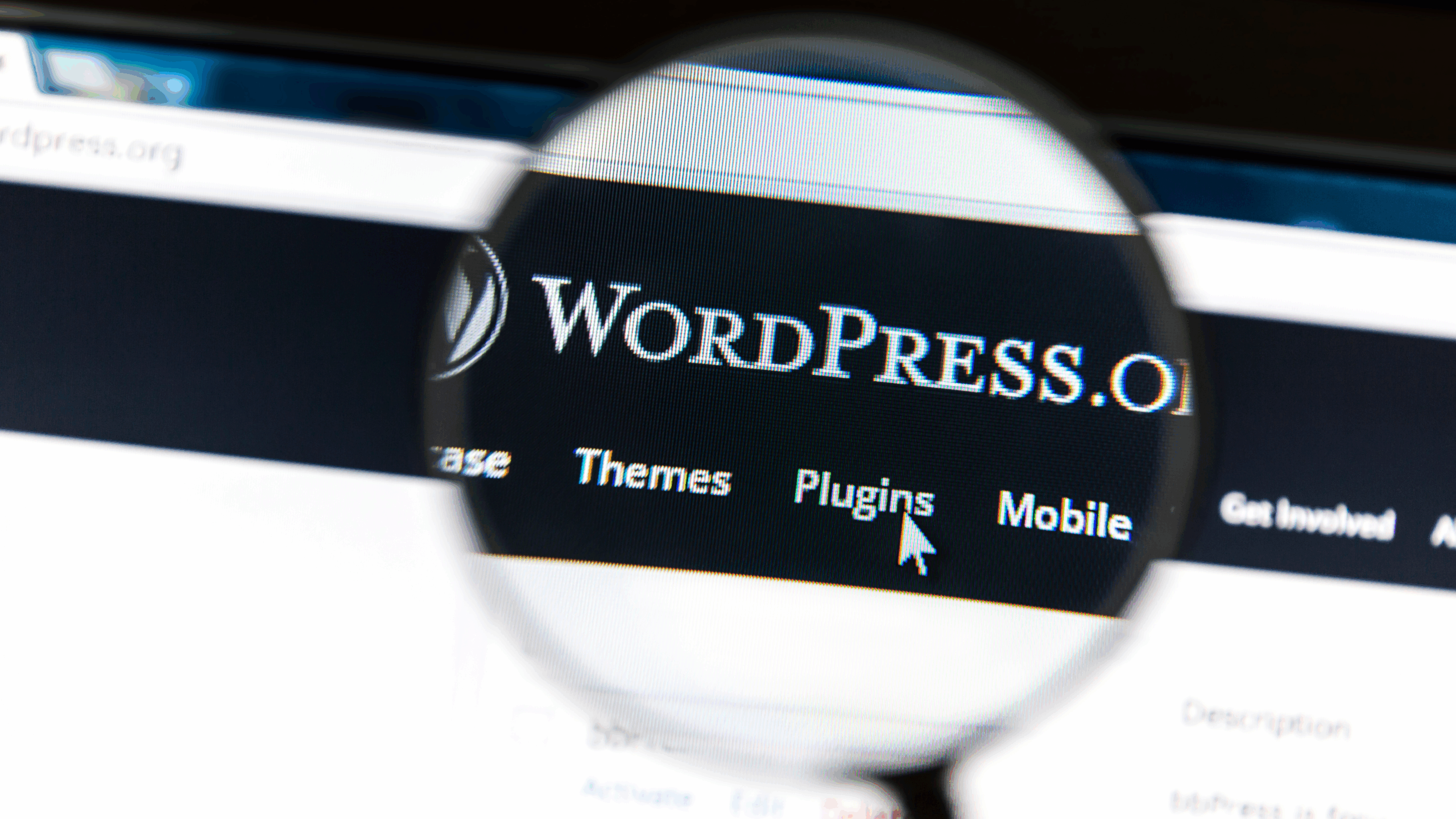
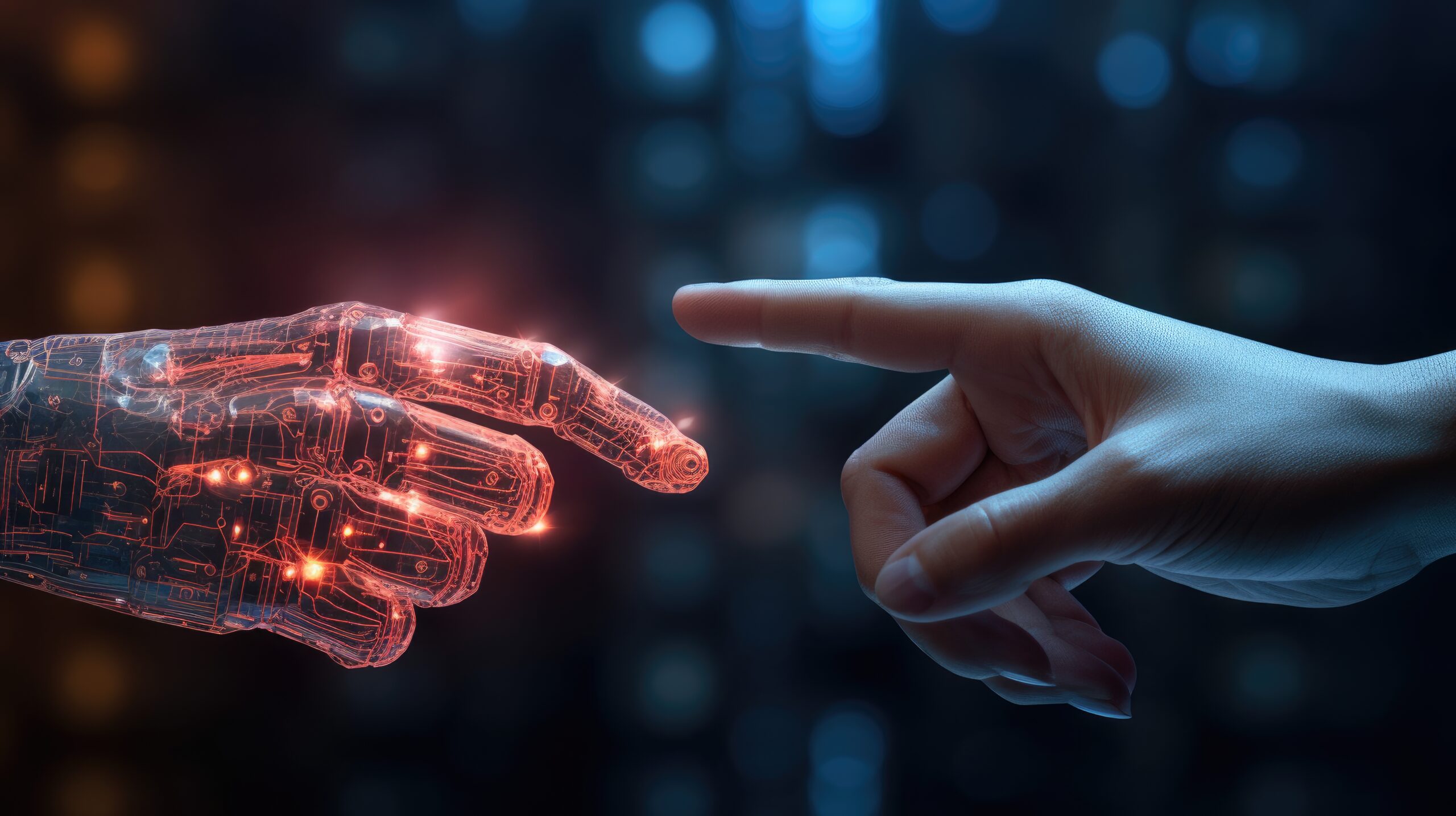

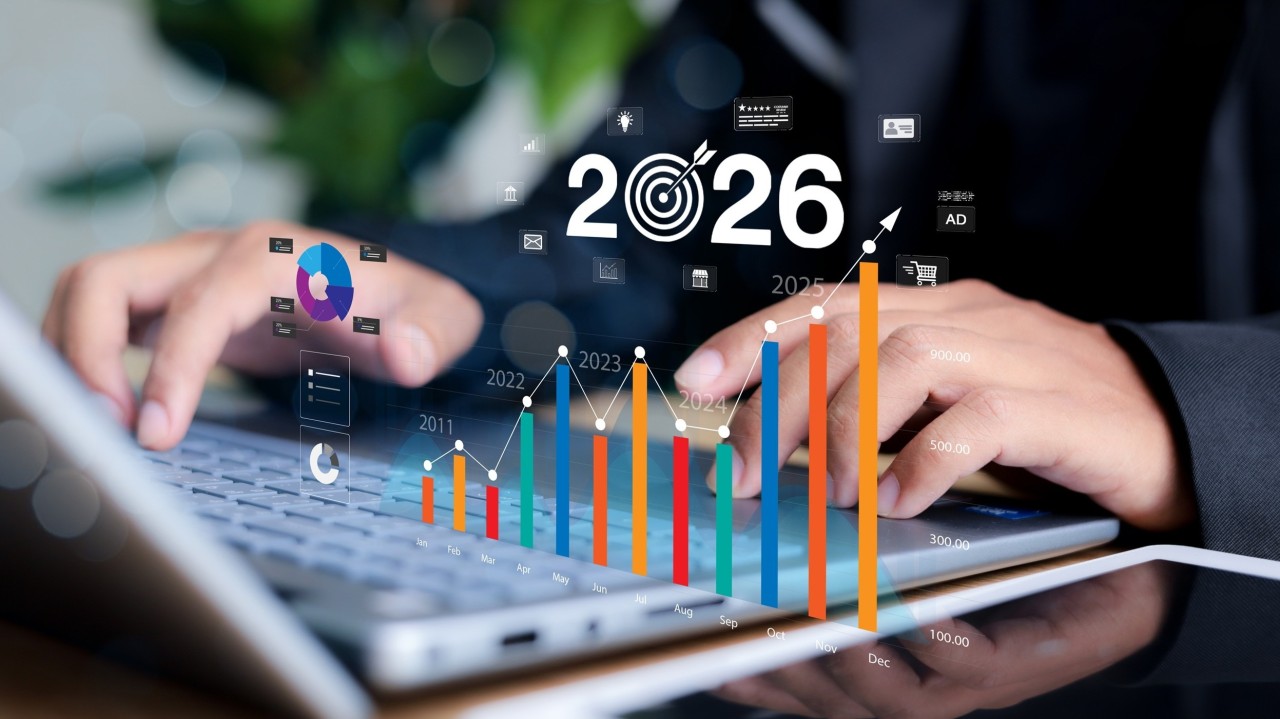



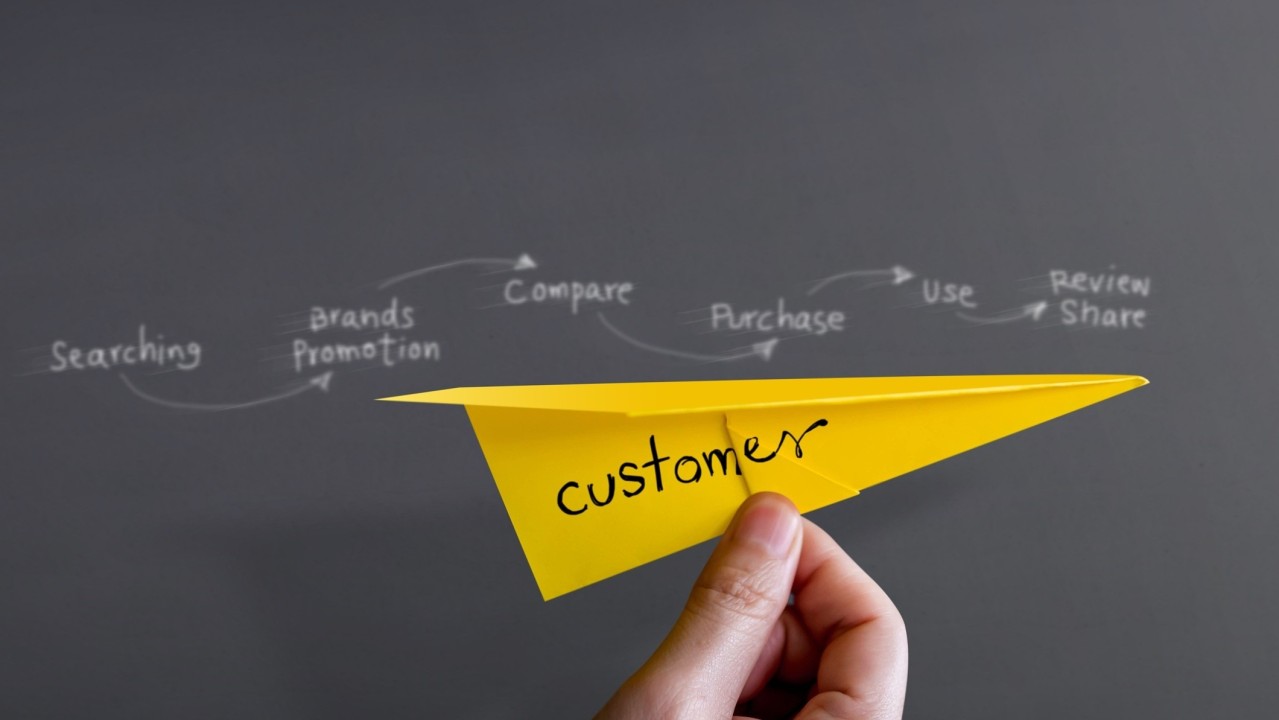



The Ultimate Social Media Guide
With the ever-growing power of social media, we use the latest techniques, video, and animation software to craft eye-catching social media assets that make your brand pop. Our designers, wielding Adobe Creative tools, create distinctive animations and graphics to illuminate your brand story and highlight your products or services. Want a unique design? No problem – we also offer bespoke designs to match your brand aesthetic.